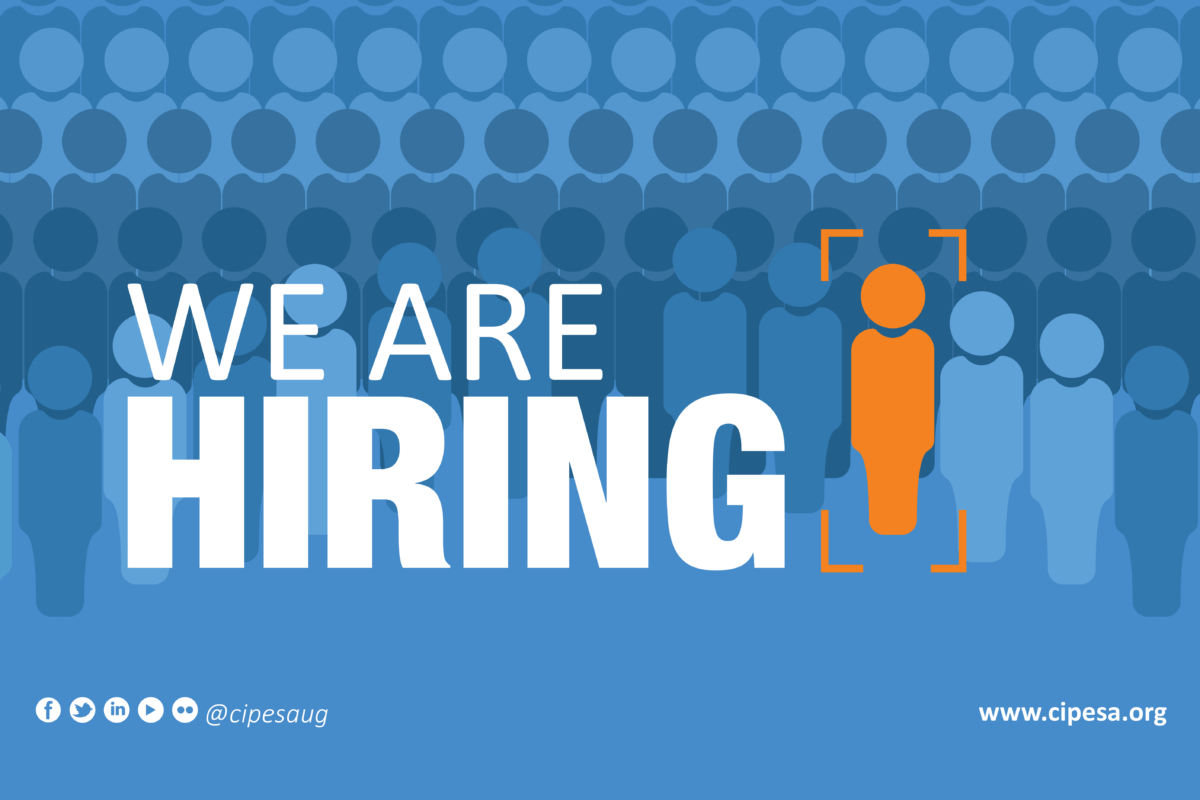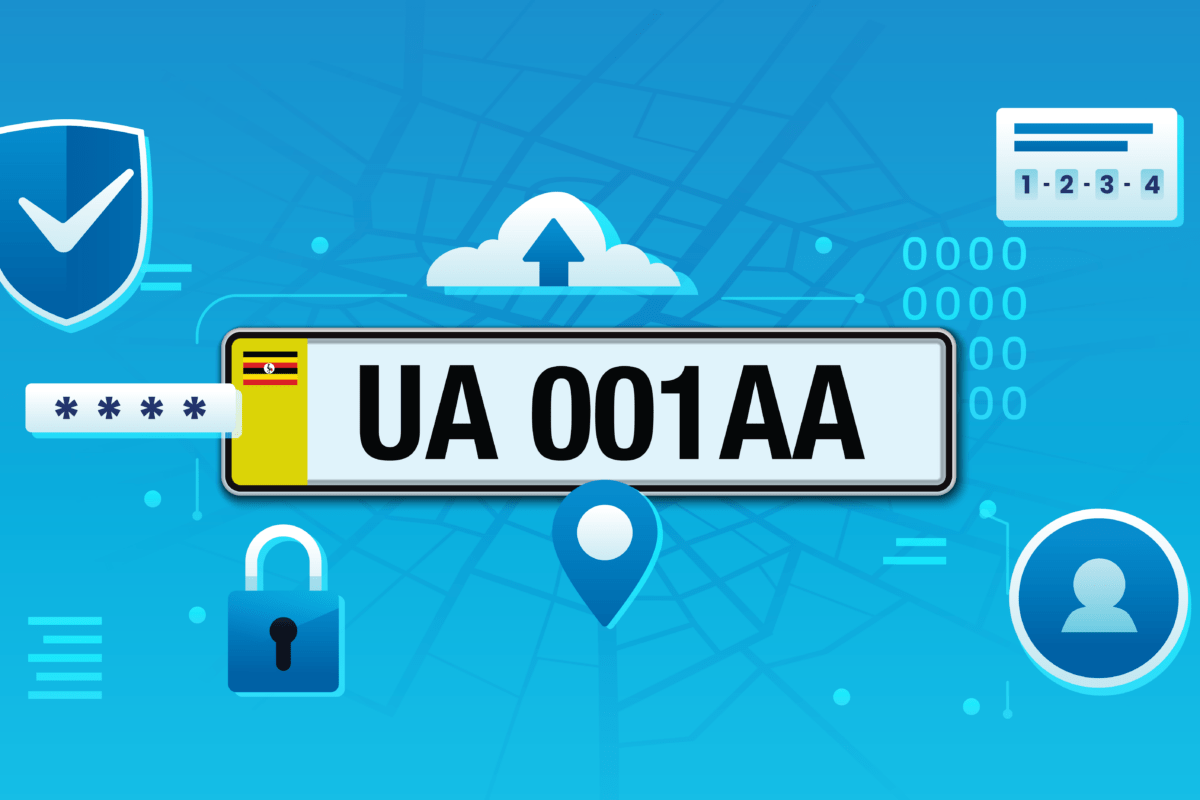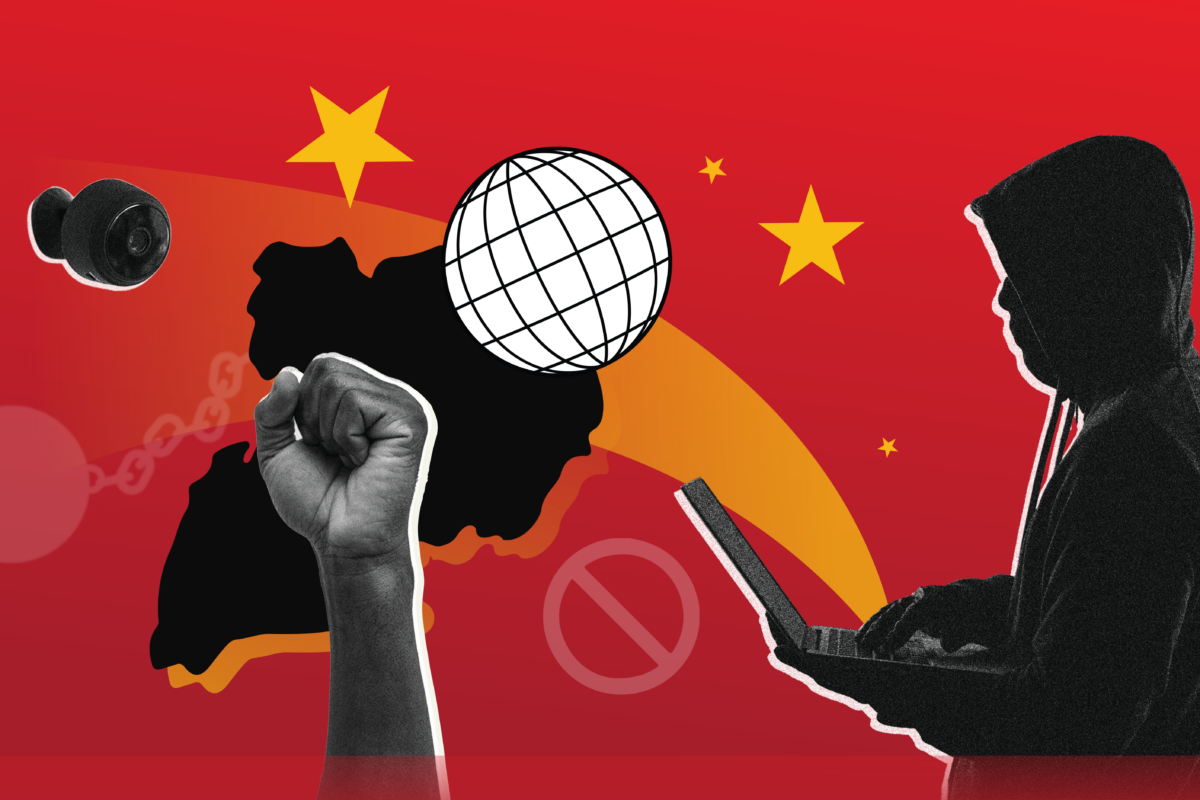Call for Applications |
The Collaboration on International ICT Policy for East and Southern Africa (CIPESA) is seeking a Driver to support the implementation of organisational activities.
Job Title: Driver
Location: Kampala, Uganda
Duration: Three (3) Years with possibility of renewal
Reports to: Procurement and Logistics Officer
Deadline: October 31, 2024
About CIPESA
The Collaboration on International ICT Policy for East and Southern Africa (CIPESA) works to defend and expand the digital civic space to enable the protection and promotion of human rights and to enhance innovation and sustainable development. With a focus on disparate actors, including the private sector, civil society, media, policymakers, and multinational institutions, our work aims to engender a free, open, and secure internet that advances rights, livelihoods, and democratic governance. CIPESA’s work responds to a shortage of information, research, resources, and actors consistently working at the nexus of technology, human rights, and society. Indeed, CIPESA’s establishment in 2004 was in response to the findings of the Louder Voices Report for DFiD, which cited the lack of easy, affordable, and timely access to information about ICT-related issues and processes as key barriers to effective and inclusive ICT policy-making in Africa.
Job Summary
The Driver will be responsible for driving company vehicles to support the implementation of organisational operations. The Driver will also be responsible for maintenance of the organisation’s fleet of vehicles per CIPESA’s Travel and Fleet Management Policy.
Key responsibilities:
Vehicle maintenance
- Ensure that all organisation vehicles are in sound mechanical condition and are serviced promptly.
- Ensure that all organisational cars are kept clean and well-maintained.
- Report any mechanical faults or accidents to the Procurement Officer.
- Regularly check that the First Aid kits are complete and that every vehicle has the required spare parts and tools.
- Regularly check vehicles and submit a checklist report to the Procurement Officer.
- Where possible, perform minor repairs as required but recommend significant cases to a garage/auto repair shop.
Record keeping
- Maintain vehicle log sheets and ensure the accurate record of all vehicle trips, fuel fill-ups, time and mileage readings.
- Ensure a timely and accurate fuel fill-up of vehicle log sheets.
- Monitor and ensure that vehicle request forms are filled out and submitted to the Procurement Officer for travel allocation.
- Ensure that all vehicle repair reports are forwarded to the Procurement Officer every time a repair is done.
- Regularly check and ensure that vehicle comprehensive and third party insurance is valid before any trip and inform the Procurement Officer a month in advance for renewals.
Qualifications and Experience
- Minimum of O’Level certificate or equivalent
- Valid driver’s licence of class ‘B’ and/ ‘D’
- A Defensive driver’s certificate
- Demonstrable experience of at least five years of class B and/or D driving
- Experience working with an NGO, with at least three years in the field.
- Excellent understanding of vehicle mechanics, maintenance and management
- Clean criminal record.
- Good command of the English language.
- Good interpersonal skills.
Standards of Professional Conduct:
CIPESA staff and partners must adhere to the values and principles outlined in the Code of Conduct and the Safeguarding against Sexual Exploitation and Abuse and Sexual Harassment (SEAH) Policy. In accordance with these, CIPESA enforces policies on Beneficiary Protection from Exploitation and Abuse, Child Safeguarding, Harassment-Free Workplace, Fiscal Integrity, Anti-Retaliation, and several others.
How to apply
Applications, including a cover letter and CV with the contacts of two referees, should be submitted in one PDF file to [email protected] with “Application for Driver” in the email subject line.





